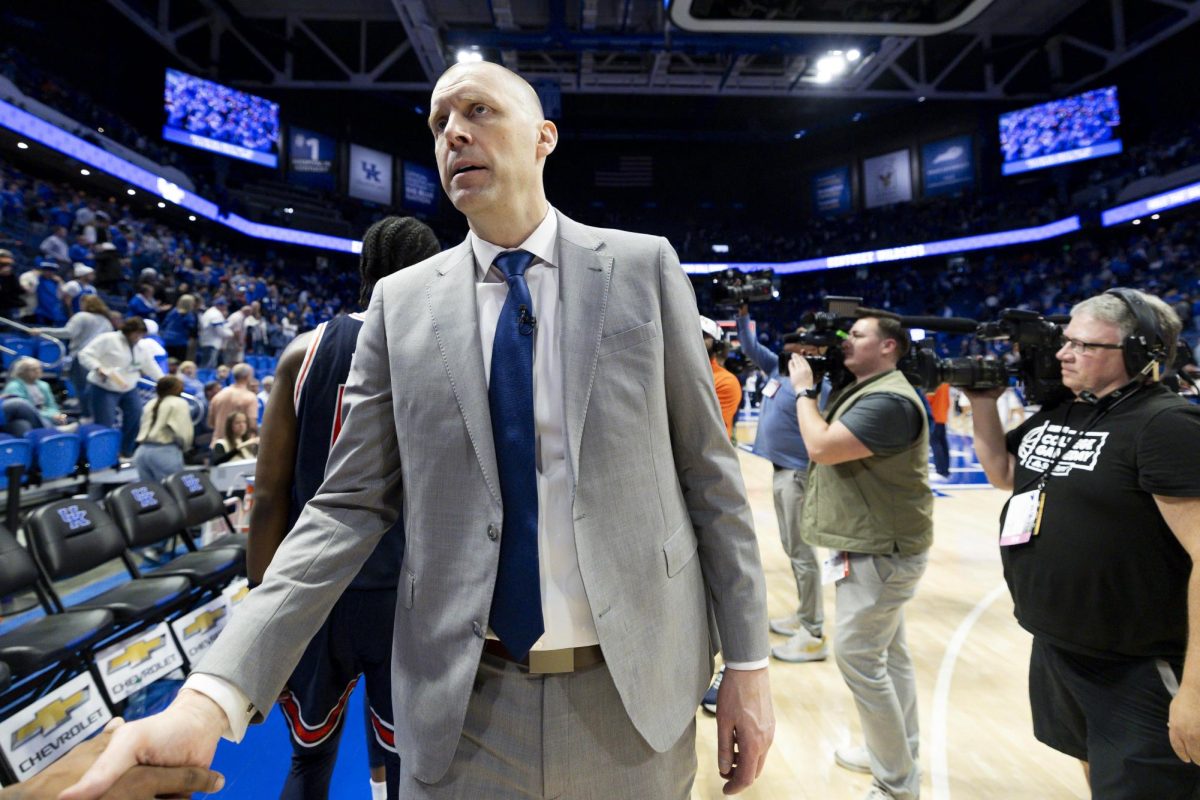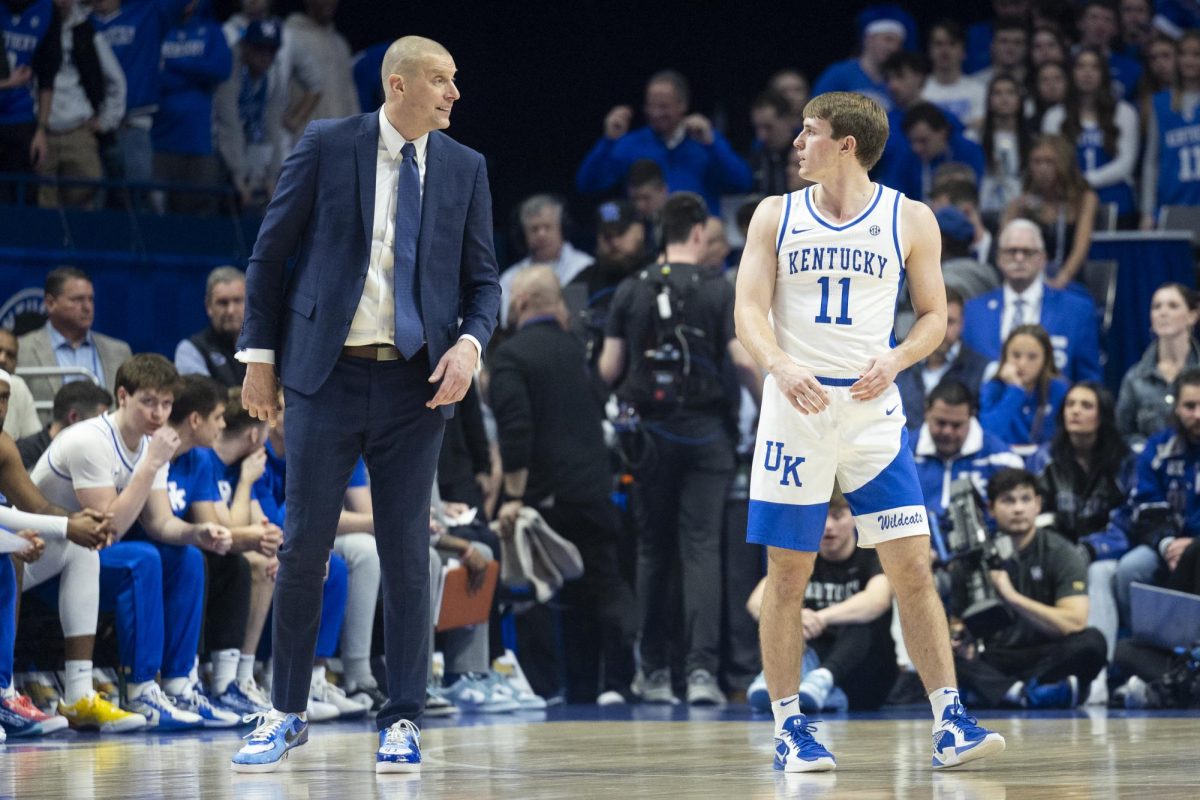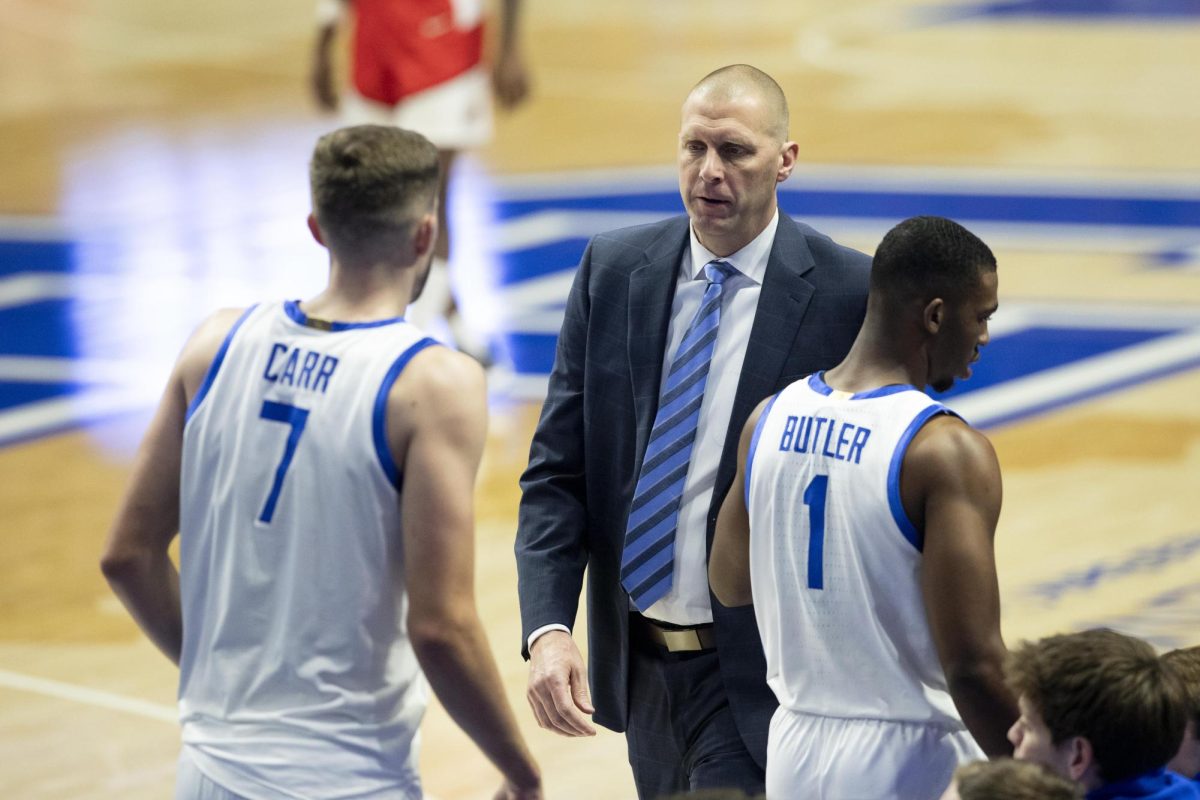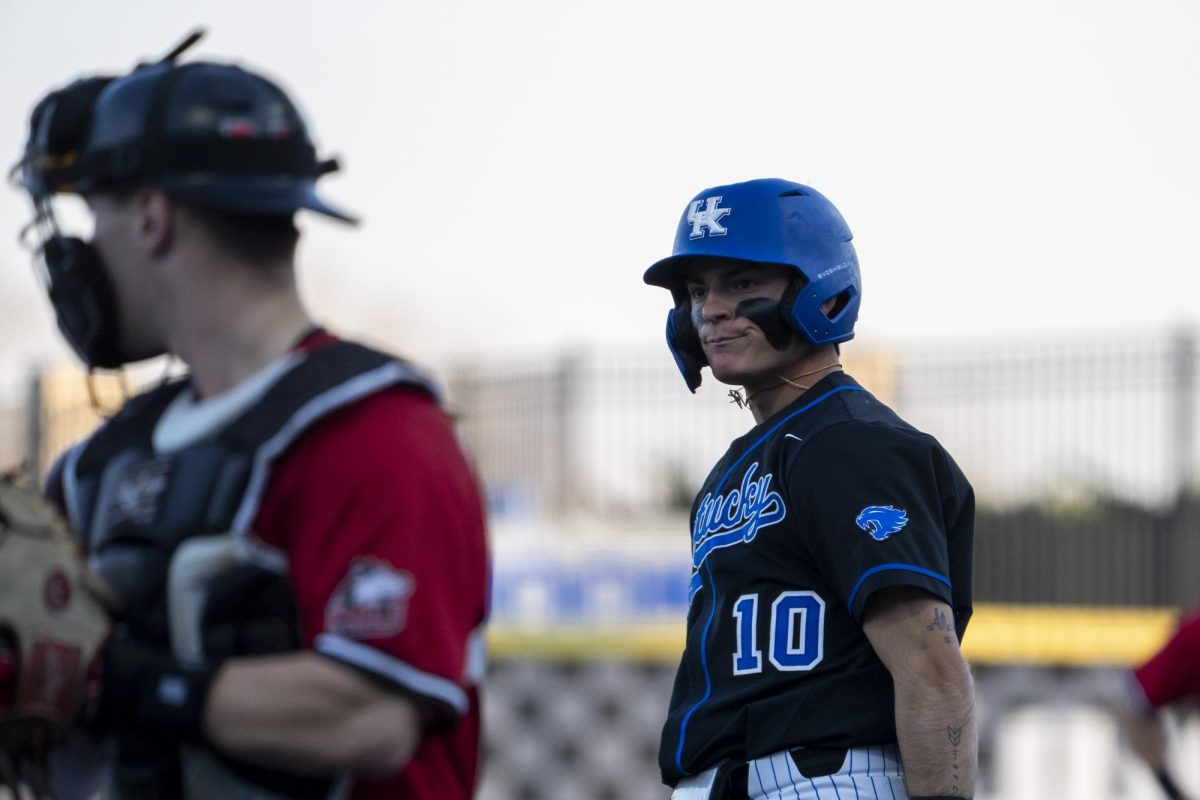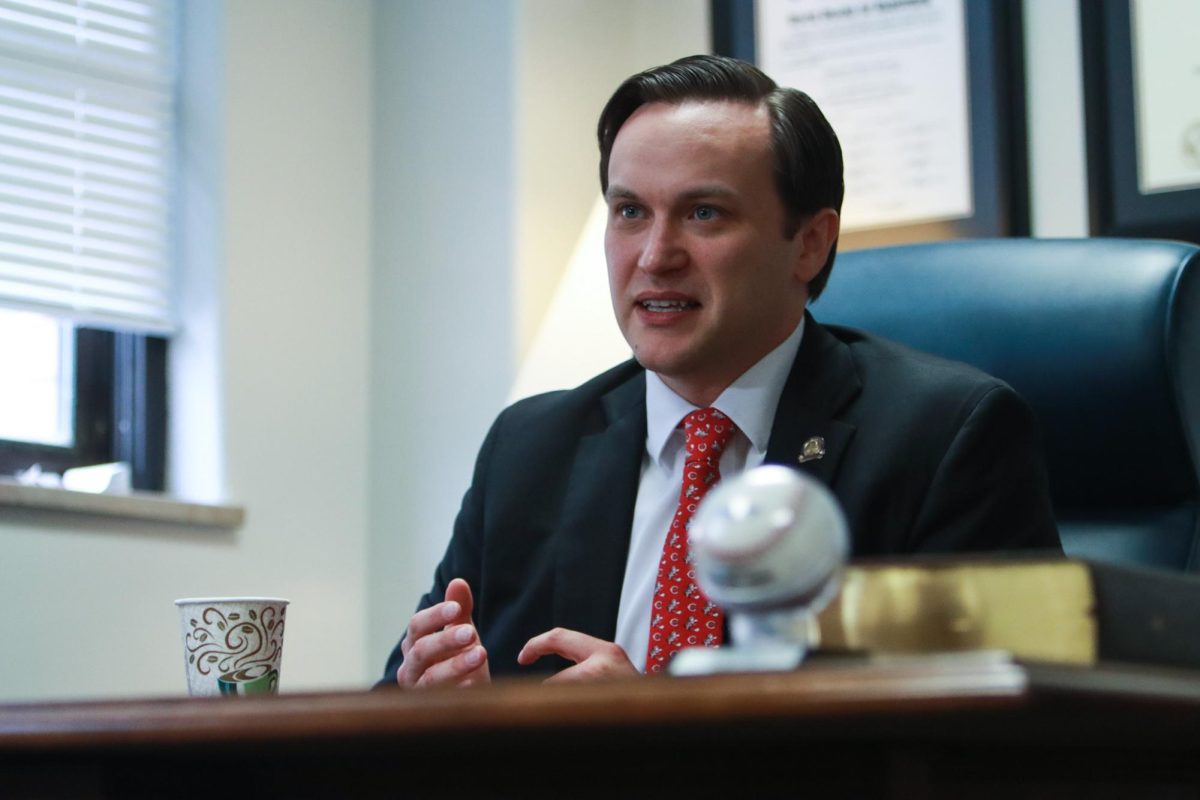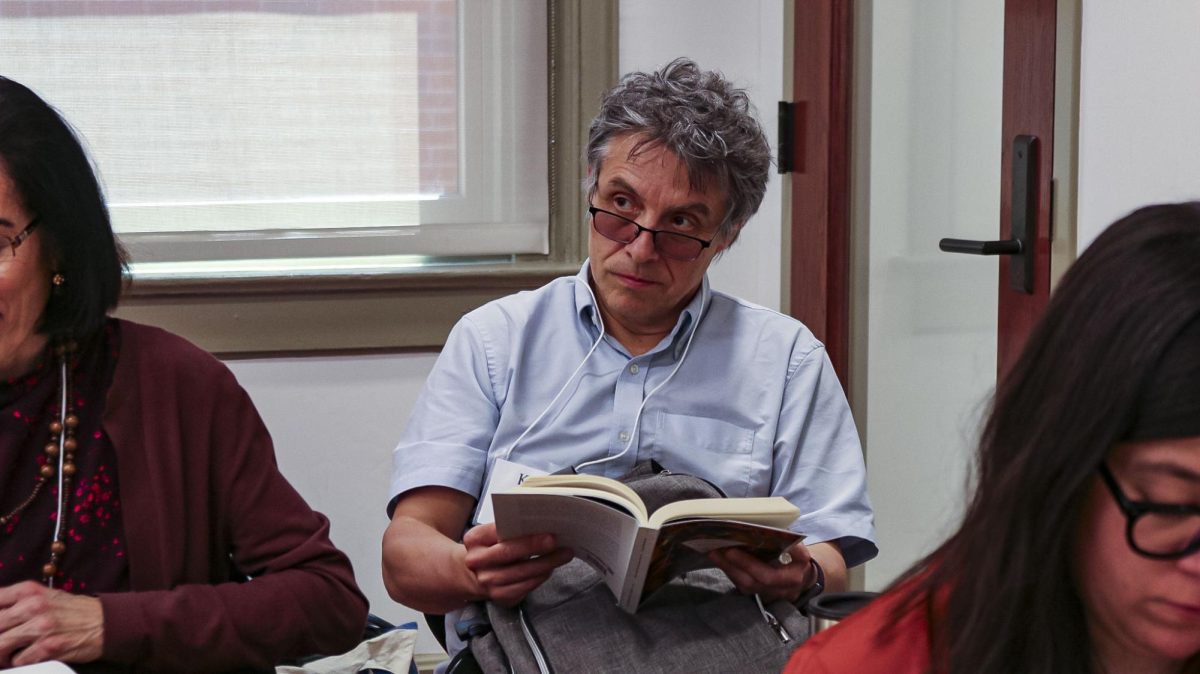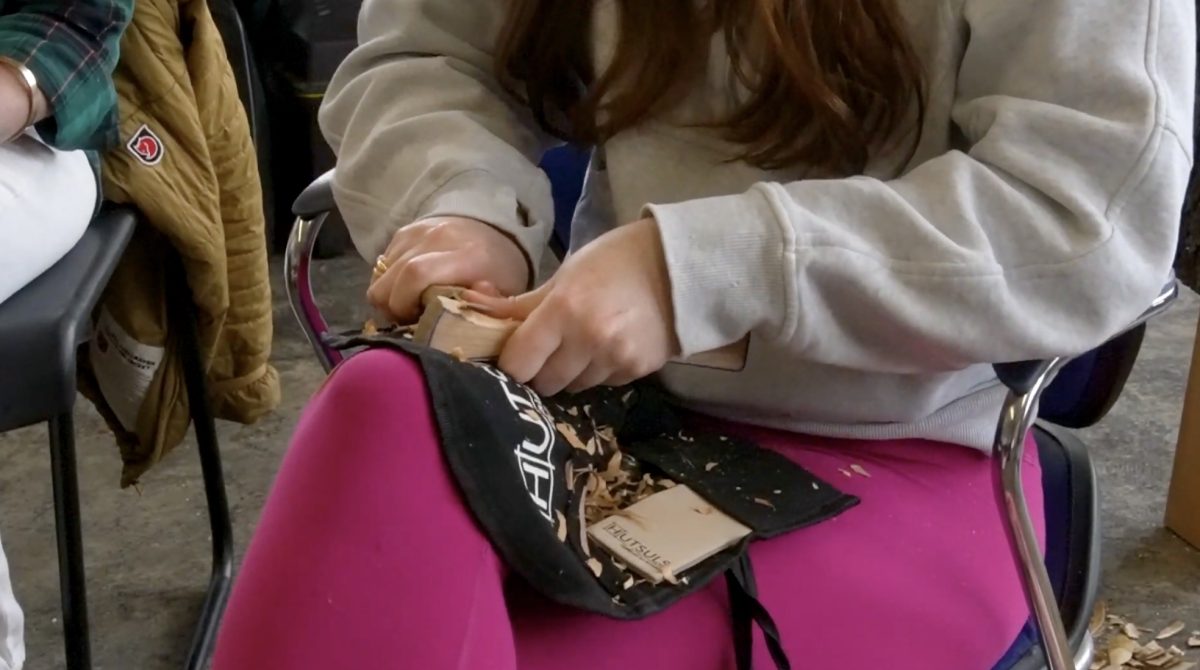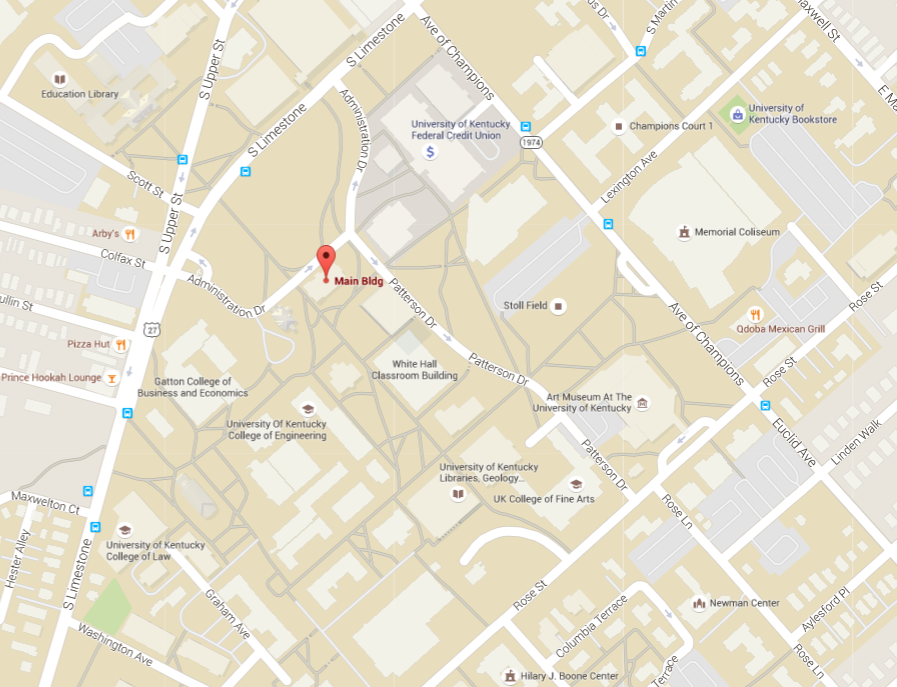Students, Office of Institutional Diversity must communicate
The Office of Institutional Diversity is located in the Main Building, on the third floor.Map from Google Maps.
February 3, 2016
Concerns over leadership within the Office of Institutional Diversity led students to add it to a list of complaints about diversity in December.
Here are the facts: there has been no nationwide search for a permanent director, and students are feeling despondent and detached from the office charged with fostering diversity and inclusivity.
Terry Allen, interim vice president for the Office of Institutional Diversity, stepped into the job six months ago.
Allen said he has tried to better understand the five offices that answer to the Office of Institutional Diversity, and he continues to monitor their progress.
“Obviously there are some levels of professional expertise that are missing,” Allen said.
Student concern, especially from minority communities, is not completely out of line, but the Office of Institutional Diversity has worked hard to improve race relations on campus.
“The people that actually operate and run these units, they work very hard,” Allen said. “But the question I raised is how many people know about this?”
Allen said he has increased staffing and helped with funding for staffing and resources to provide services, but he is unsure if people know about the resources available to student and employee education.
“We must reach a point where every unit, every department, every individual on our campus – when we talk in terms of diversity – will have… some basic understanding of the principles involved,” Allen said.
UK spokesman Jay Blanton said President Eli Capilouto would make further announcements on a proposed nationwide search for a permanent director for the office come late spring. The reason the search will begin then is to make sure that progress will be made on university initiatives.
Blanton said the search for a new director is a huge priority and has not been delayed.
Tanquarae McCadney, a journalism and political science sophomore, said she felt there was a lack of representation and communication between students and administrators. As one of the two dozen students who met with Capilouto to create a list of concerns, she said the top five things on the list have yet to be addressed.
But major changes take time. Students and staff need better communication. Without proper information, students stay in the dark. A lack of communication only creates anger and effectively defeats the progress of inclusivity.
“So there’s very much work to do,” Allen said. “But it’s a campus-wide effort and not just an effort you would find in any particular segment of the campus itself.”
It is clear both students and administrators recognize the issues on campus, but something is getting lost in translation.
“At the end of the day, we’re still not seeing things change,” McCadney said.

















































